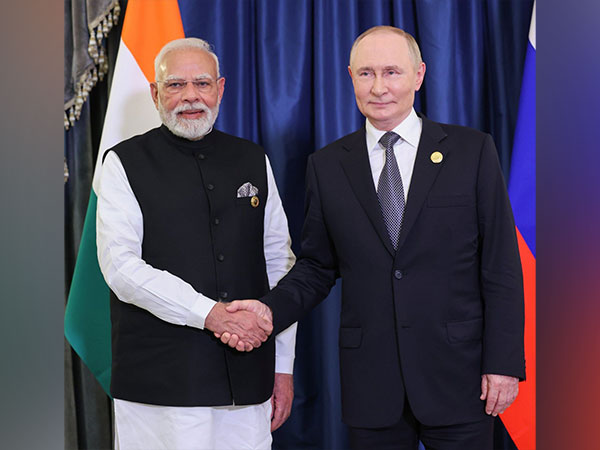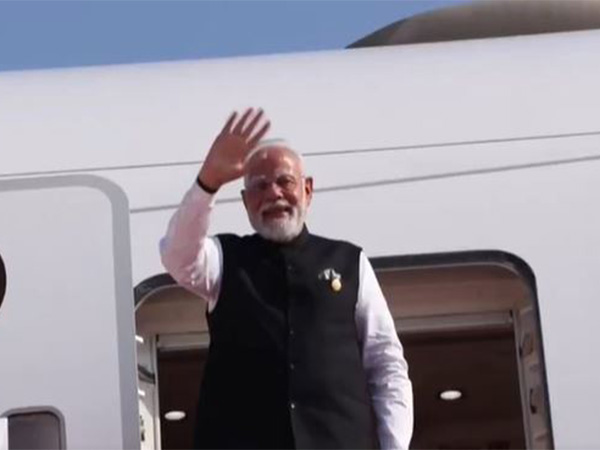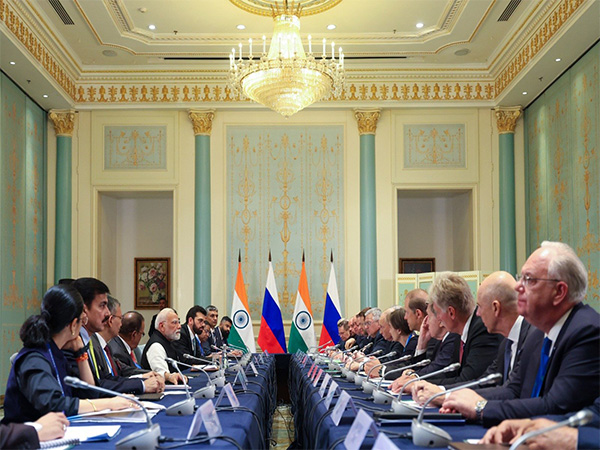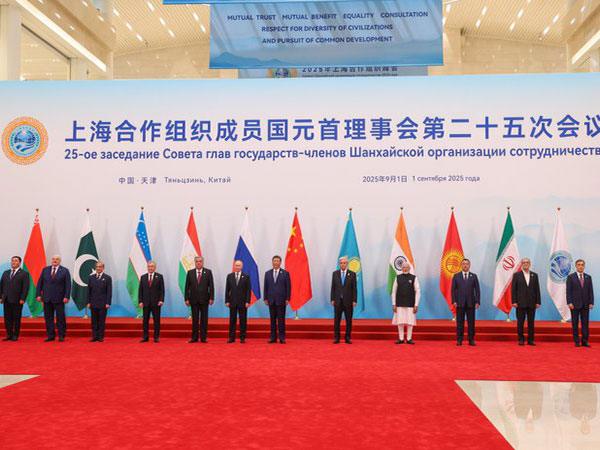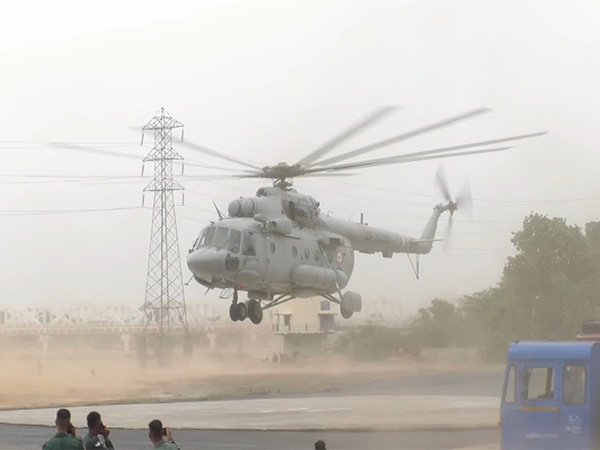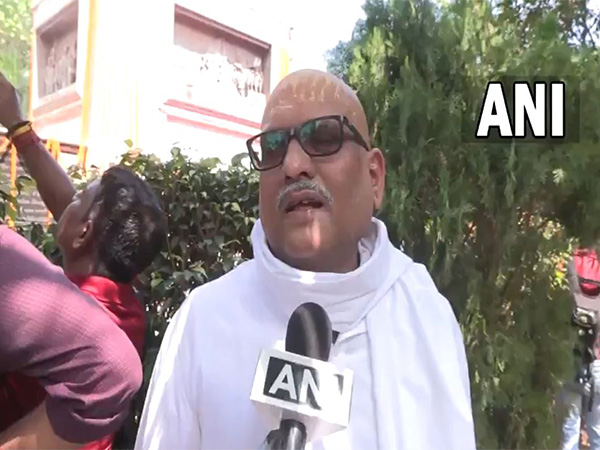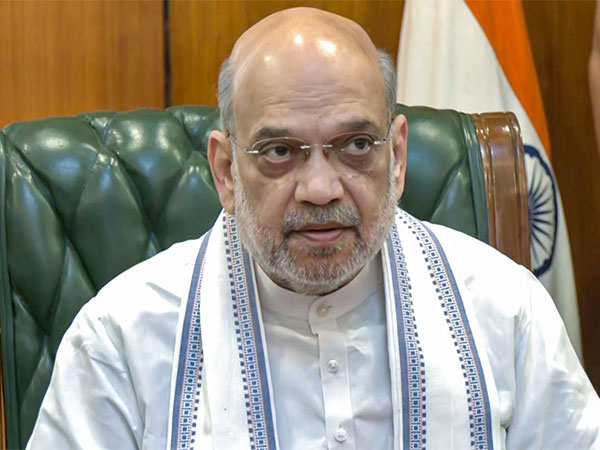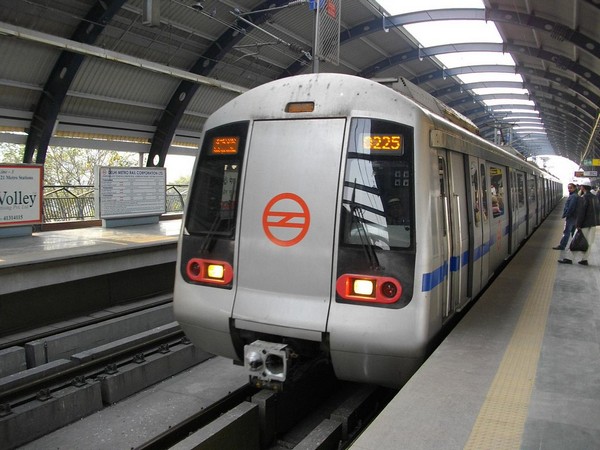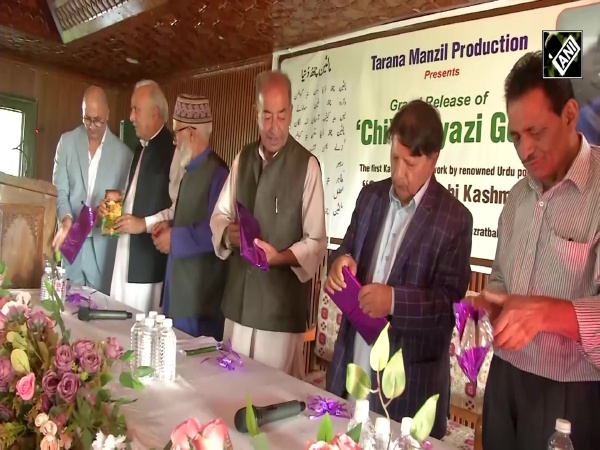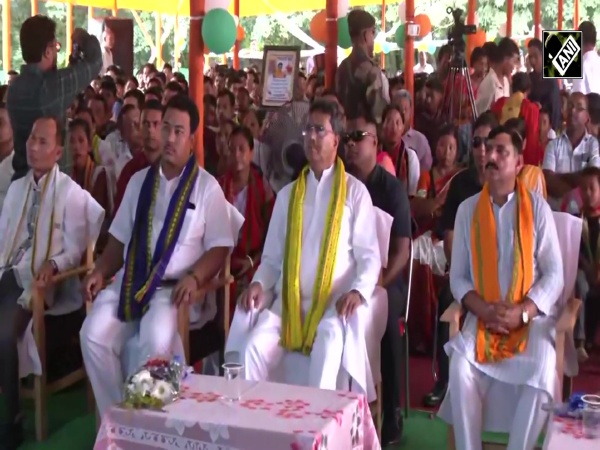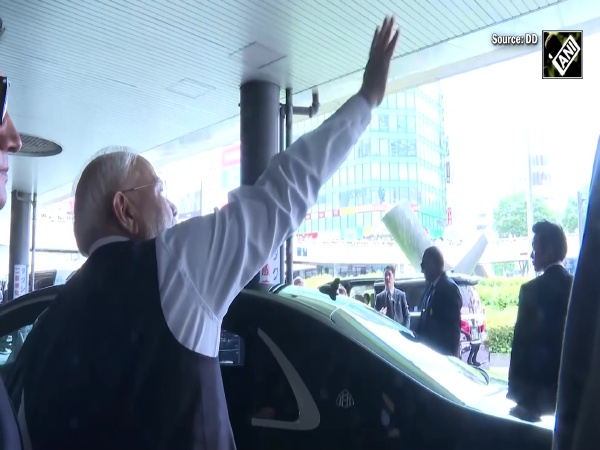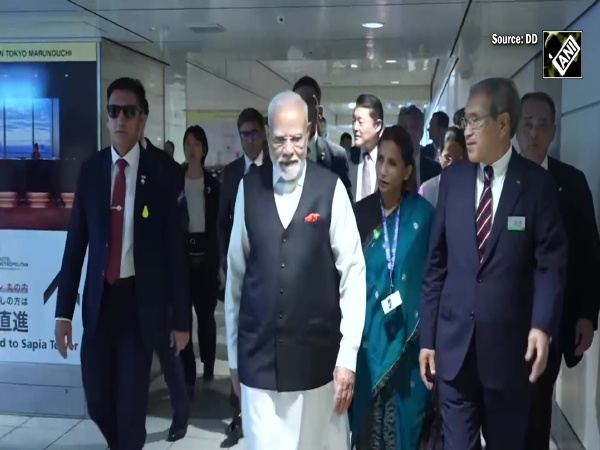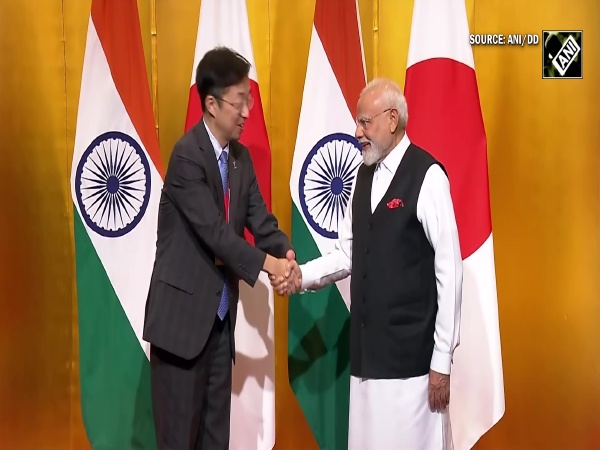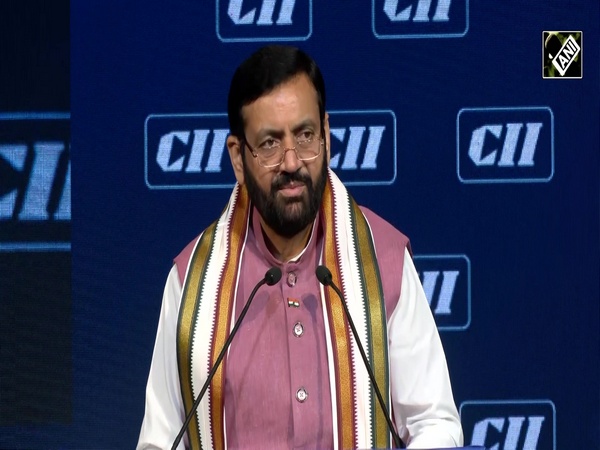India's tactical responses to Chinese transgression attempts in Ladakh left China stuck in quicksand: EFSAS
Sep 05, 2020

Amsterdam [Netherlands], September 5 : India's spirited and tactically sound responses to the Chinese attempts to unilaterally change status quo along the Line of Actual Control (LAC) "has left China stuck in a quicksand of its own making that it can neither extricate itself easily from nor remain stuck in for too long," according to a European-based think tank.
India has taken a leaf out of China's book and has taken control of some strategic heights not only on the southern bank of the Pangong Tso, but also its northern bank, bolstering its position, taking Beijing aback, the European Foundation for South Asian Studies (EFSAS) said.
"Despite the repeated incidents near Pangong Tso over the last few days and the visible erosion of trust, the saving grace is that public statements emanating from the two countries still seem to be prioritising peace over a war that would hurt both countries severely in critical spheres. Actually achieving such peace, though, will require a considerable amount of deft negotiations and mutual give and take, and hence the present standoff promises to linger and be protracted," the think tank said in its commentary.
It said the potential flare-ups in the intervening sensitive period, till an agreement is reached, exists and the two sides need to prevent that from happening by being alert.
"India, meanwhile, has taken a leaf out of the Chinese book, and as per reports has in the days following the Chinese move taken control of some strategic heights not only on the southern bank of the Pangong Tso, but also its northern bank, thereby bolstering its position. This took China by surprise and appears to have unsettled it," the EFSAS said.
"China anticipated much less pushback against its attempts since April to alter the status of the LAC at multiple points through surreptitious incursions into the India side. Spirited, tactically sound responses by India's troops have left China stuck in a quicksand of its own making that it can neither extricate itself easily from nor remain stuck in for too long," it stated.
According to other unofficial reports, the People's Liberation Army (PLA), had attempted to execute another land grab targetting some heights on the southern bank of Pangong Tso, under the cover of night, which would have given them an operational advantage. Security analyst Nitin Gokhale said the Chinese forces were targetting Chushul/Spanggur gap, south of Pangong Tso.
Although the developments of what happened near Pangong Lake between August 29 and September 1 is still not clear, the situation continues to remain tense, which was reflected in the recent statements issued by both India and China recently.
"While both countries have said that they retained faith in negotiations based on the earlier agreements to maintain peace and tranquillity in the border regions, the differing perceptions of the two sides on where the LAC lay and run through, the frayed tempers on both sides, as well as the aggressive militarisation of the area after the bloody June 15 Galwan clashes, all meant that a negotiated settlement would not be easy to rush through," the EFSAS said.
The commentary stated, "China, not without justification, feels that any major act of aggression by it against India at a juncture when its own stock internationally is very low and highly suspect, could be the spark that sets off much bigger and wider events way beyond its control that it stands to suffer greatly from. This Chinese apprehension was alluded to by India's External Affairs Minister S Jaishankar, who while expressing confidence on September 3 that diplomacy would yield solutions to the LAC standoff, added that 'the world has a lot riding on it'."
In response, US Secretary of State Mike Pompeo slammed China that "it is working to take down freedom all across the world". He also said the US hoped for a peaceful resolution in the India-China border tensions.
"From the Taiwan Strait to the Himalayas and beyond, the Chinese Communist Party is engaged in a clear and intensifying pattern of bullying its neighbours," Pompeo was quoted as saying.
On August 31, US Deputy Secretary of State Stephen Biegun asserted that China was "picking a fight right now on virtually every front" and was exploiting "every opportunity they can from technology theft to the assertion of national sovereignty over the territory and territorial waters of other countries".
"Our strategy is to push back against China in virtually every domain. We are doing it in the security area. We are doing it in terms of outsized demands to claim sovereign territory, whether it is in the Galwan valley of India on the India-Chinese border, or whether it is in the South Pacific. We are also doing it economically," Biegun added.
On September 3, China accused the US of interfering in the India-China border issue. In a statement, it said that "China and India have the ability to resolve their border disputes bilaterally. We don't accept countries outside the region pointing fingers, let alone meddling or making instigation, which will only endanger the regional peace and stability".
The statement added, "It is regrettable that, out of the zero-sum Cold War mentality, some senior US officials ignored the basic facts, violated the norms of international relations and basic principles of diplomacy, picked up fights virtually on every front and exploited every opportunity they can to slander and smear China, instigated other countries' relations with China."
